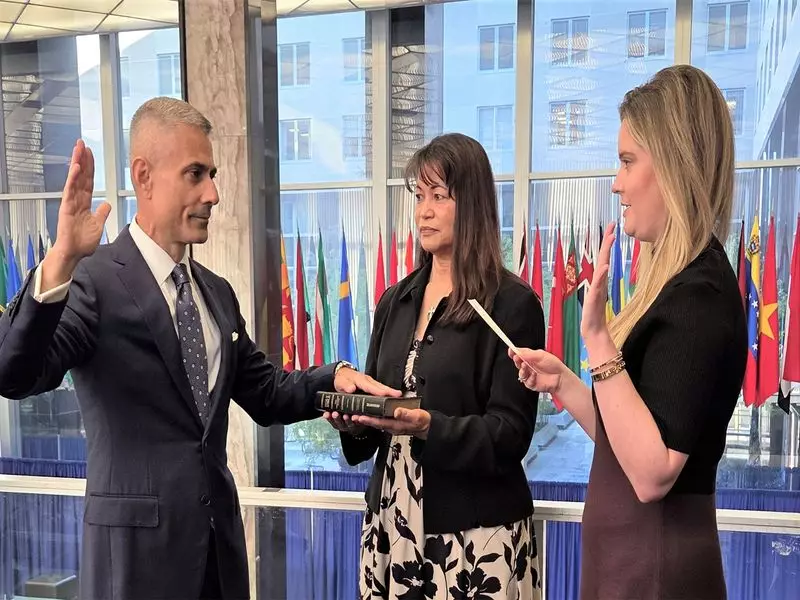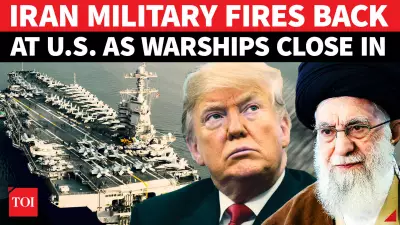
In a significant diplomatic development that carries substantial implications for Indo-American relations, Dr. Paul Kapur has officially assumed the role of Assistant Secretary for the Bureau of South and Central Asian Affairs at the US State Department. The seasoned diplomat and academic was sworn in during a formal ceremony, placing him at the helm of American foreign policy across a strategically vital region.
A Veteran Hand for Critical Relationships
Dr. Kapur brings to this pivotal position an impressive background blending academic expertise with practical policy experience. As a professor at the US Naval Postgraduate School and former staff member of the National Security Council, he possesses deep understanding of the complex geopolitical dynamics shaping South Asia. His scholarly work has extensively covered nuclear security and regional stability, making him exceptionally qualified for this challenging portfolio.
Strategic Timing for US-India Partnership
The appointment comes at a crucial juncture for India-US relations, which have been steadily deepening across multiple fronts including defense, technology, and economic cooperation. Dr. Kapur's leadership is expected to provide continuity and strategic direction to this important bilateral relationship at a time of global uncertainty and shifting alliances.
Expansive Regional Responsibilities
Beyond the critical India relationship, Dr. Kapur's bureau oversees American diplomatic engagement with numerous key nations including:
- Bangladesh and Sri Lanka in South Asia
- Kazakhstan and Uzbekistan in Central Asia
- Nepal, Bhutan, and the Maldives
- The important partnership with Pakistan
This expansive portfolio places him at the center of US efforts to navigate complex regional challenges and opportunities.
Academic Credentials Meet Practical Diplomacy
What sets Dr. Kapur apart is his unique combination of scholarly depth and government experience. His academic research has focused specifically on South Asian security issues, nuclear proliferation, and regional conflict dynamics. This intellectual foundation, combined with his previous National Security Council role, positions him to bring nuanced understanding to one of America's most important diplomatic fronts.
The diplomatic community in both Washington and New Delhi will be watching closely as Dr. Kapur begins his tenure, with many expecting his expertise to contribute meaningfully to the continued strengthening of US-India strategic partnership during a period of significant global transformation.






